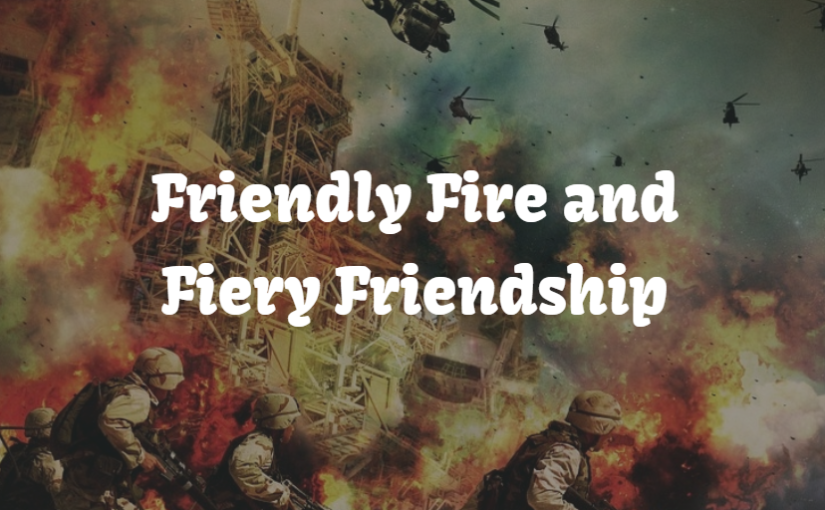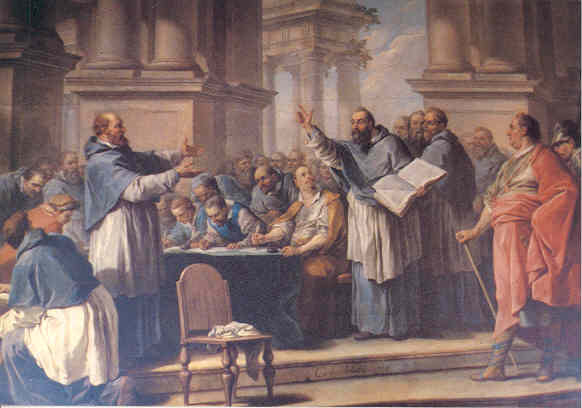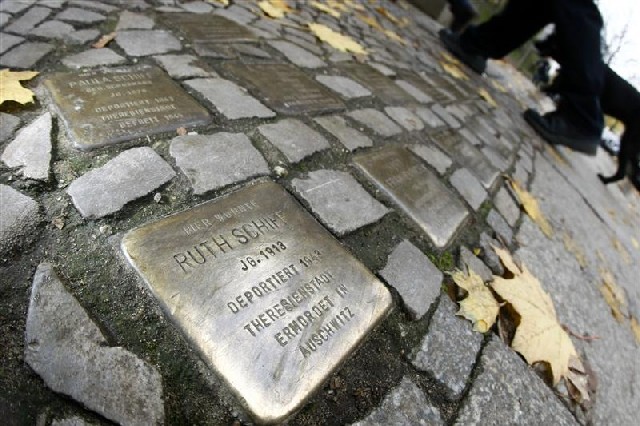Tag: Hannah Arendt
-

Friendly Fire and Fiery Friendship: Noma Arpaly, Joseph Trullinger, and the Tenor of Philosophy Conversation
Too often in praise for “agonism” we tend to treat the conflicts as if they are self-justifying. Trullinger’s view is that we ought to endorse the spirit of “glad to be wrong” by being particularly welcoming to those who are unlike us, those who are most likely to find the space of rough play unwelcoming,…
-

Human Rights as Democratic Conversation Starters
On my view, human rights aren’t political conversation stoppers, they’re a prerequisite for certain kinds of political conversations at all. Indeed, human rights are so foundational to certain kinds of political conversations that many people lay claim to them even where they don’t exist so as to begin or continue a difficult political conversation.
-

When not to Forgive: Lessons from the Donatists
The Donatists judged that reunion with the Catholics would entail a new domination by the crumbling Roman Empire. They refused to forgive, refused to share authority and a political world with Roman agents who claimed to want only peace but had historically engaged in political domination in the region. The question that Augustine’s letters present…
-

Margalit and Derrida on Forgiveness and the Skandalon
As I see it, the limit of forgiveness is not within our voluntary power, an act of will, but rather in developing the capacity to imagine the act that we are trying to forgive. Thus the skandalon of forgiveness is an imaginative challenge, we stumble over it when acts are unimaginable, and we overleap it…
-

Forgiveness in Charleston and South Africa: Political or Theological?
After the families of the victims of the Emanuel AME church shooting unilaterally forgave the shooter, I’ve been thinking again about forgiveness. (Some previous posts here.) In particular, I am wondering again about the relationship between theological and political forgiveness. The classic Enlightenment description of the duty to forgive is derived from the Christian tradition…
-
Arendt, Antisemitism, and the Chicago Teachers’ Union Strike
I am one of those ideologically-impure liberals that worries a lot about public sector unions. On the one hand, I favor workplace democracy and collaboration; on the other hand, I worry about the fact that as union membership has declined, the majority of remaining union members haved tended to be at the top of the…